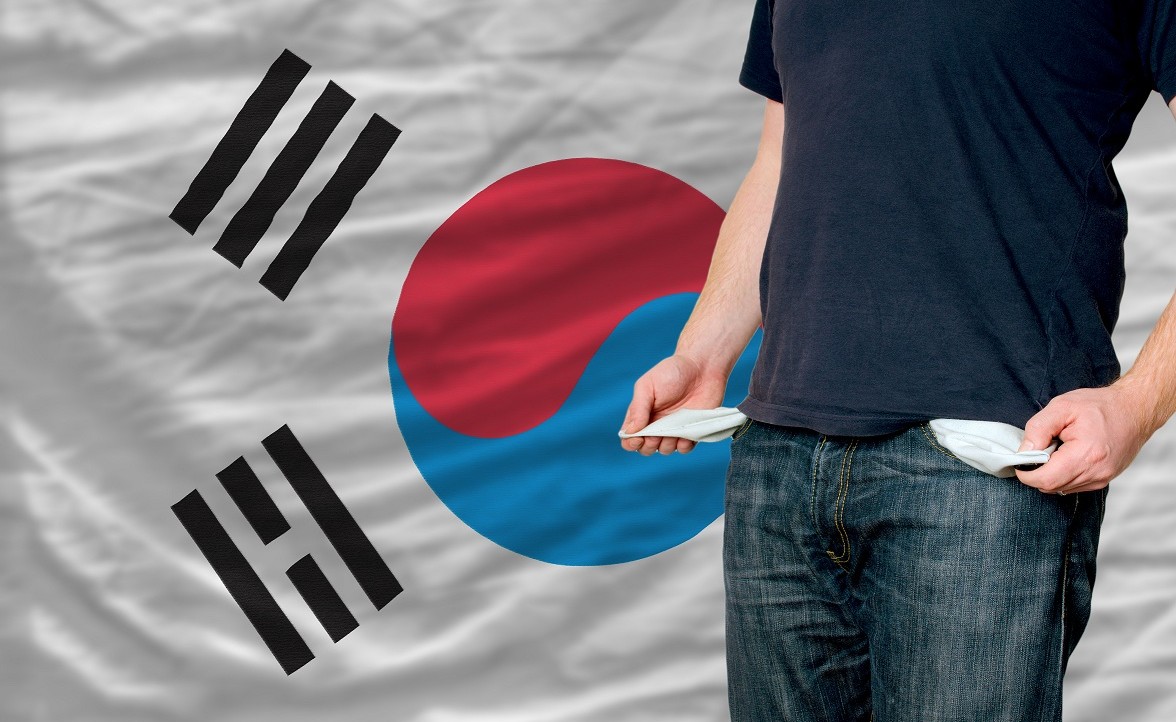Acing the job interview
Interviews for part-time, unskilled, and entry-level jobs
Recruitment for part-time or low-skilled positions is often very fast. It’s not uncommon for there to be only a day or two between your application and your first day on the job. In these cases, interviews are usually informal and might even take place in a public setting like a café.
The interview mainly serves to present the job, check your availability, and assess your basic skills. The questions are simple, and the conversation brief. You may even be offered a trial shift immediately or the next day (a manifestation of Korea’s pali pali hurry-hurry culture).
Don’t confuse confidence with arrogance. Humility is highly valued in Korean culture, especially if you’re in a lower hierarchical position, such as that of a job applicant. Speak positively about yourself but don’t brag.
Also, do not offer a handshake unless the interviewer initiates it. A slight bow is the standard greeting. This will be covered in more detail in the next chapter.
Interviews for skilled jobs
Hiring for skilled positions, especially in large companies, is much more demanding and involves several rounds of interviews.
If you’re applying for a job during a working holiday, you’re unlikely to encounter such a rigorous process.
Round one
This is usually the toughest step. It’s often a group interview, with anywhere from 2 to 10 candidates. You might be asked to complete a group task and then present it in front of others. This is followed by a more classic-style interview, but still conducted in front of the group.
During the entire session, including breaks and prep time, you’ll be observed closely to assess how well you interact with others and fit into a team.
Round two
This is the standard one-on-one (or panel) interview. You’ll be asked to talk about yourself, your motivation, what you know about the company, and what you can contribute. It usually involves three or four people, including the HR manager and a few team leaders or department heads.
Final round
This is the courtesy interview. If you’ve made it this far, congratulations! You’ve already passed the most important hurdles. This step usually involves meeting the company’s senior leadership. Don’t stress too much; they often repeat some questions from the previous round, but also ask more casual or personal ones such as:
- Do you enjoy living in Korea?
- Do you like to drink?
- What are your hobbies?
- Are you in a relationship?
As you can see, some of these questions can be quite shocking for candidates from western cultures, but they are the norm in South Korea.












 Français
Français English
English




0 comments
{{like.username}}
Loading...
Load more